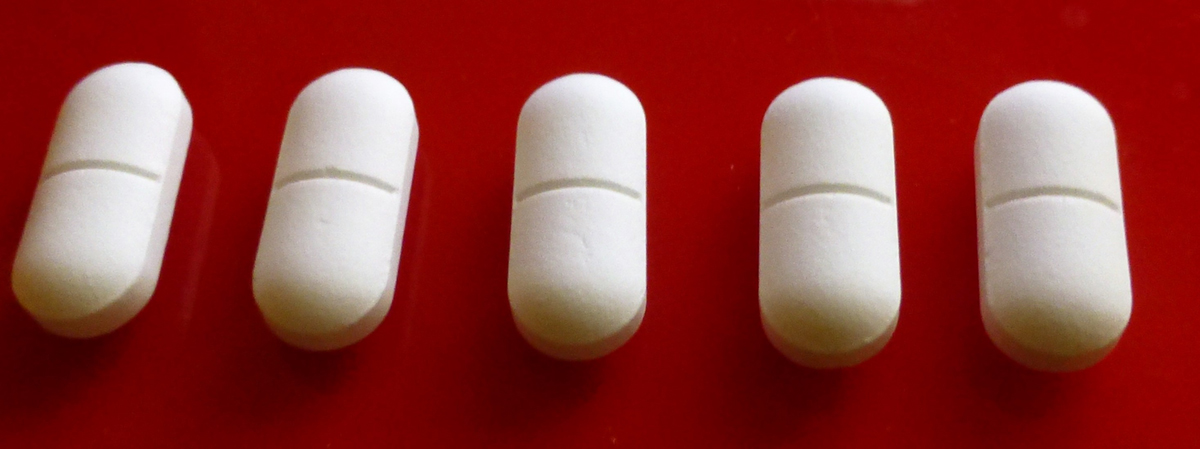
All the forms of Brufen, be it the tablets or the syrup, are contents wise grounded in an active substance known as ibuprofen (anti-inflammatory drug). This substance fulfills the purpose of a painkiller and is most commonly used to treat and alleviate mild/moderate pain, as well as to helps in bringing fever and inflammation down. Iburpofen acts as a blocker of a substance known as cyclo-oxygenase, which is responsible for the production of numerous chemicals in our body. These substances comes in being as a direct response to certain injuries and diseases, causing pain, inflammation and also in certain cases swelling.
The interesting thing is that ibuprofen brings the fever down by diminishing the production of the afore mentioned substances. Given the fact that it also diminishes inflammation and the pain that follows, it is often employed as a way to relieve pain in muscles, as well as lessen the rheumatic effects. Aside from these, it is also very efficient in easing the following conditions: migraine, toothache, nerve and period pain, and headaches. In order for Brufen to yield best results, it should be taken in combination with food, not to irritate your stomach. Just like its primary substance, Brufen as a medication is widely used for treating numerous conditions and aches. It is a preferred mean for treatment of rheumatic conditions (rheumatoid arthritis, osteoarthritis, frozen shoulder, tendonitis, backache, injuries of the soft tissue and sprains), mild and moderate pain (period pain, migraine, toothache, pain arising aftersurgery). Another form of syrup, is well known for its ability to bring down the fever in children, older than 1 year. As for the Brufen granules, one important warning and advice, is to dissolve them in water prior to intake. And never disobey your doctor’s prescription directions, and overuse and exceed the given dosage.
Medications, non-steroidal in nature, and used for anti-inflammatory purposes, including ibuprofen, can in some cases be connected with a rise in risk of experiencing stroke or heart attack. Other side effects includes gut disturbances (vomiting, nausea, diarrhea, indigestion etc.), gastritis, skin rash, fluid retention, swelling, blood pressure rise, and heart failure. Also, very frequent occurrences are allergic reactions, which can evolve into some rather more severe conditions such as swelling of the lips, acute skin rashes, swelling of the tongue and throat and asthma attacks or bronchospasms. Aside from these conditions, more severe in nature, fairly frequent side effects are also visual disturbances, dizziness, confusion, depression, drowsiness, spinning sensation, sensation of ringing in ears. Extreme skin reactions to light exposure, disorders related to blood, kidney and liver. Given the fact that not all manufacturers includes all of the above side effects on their labels, it is always wise to get more information prior in taking a medication such as this one. That is the way you will protect yourself from any unwanted side effects.











,-Or-Ibuprofen-Which-Over-The-Counter-Painkiller-Should-You-Choose_f_280x120.jpg)





Your thoughts on this
Loading...